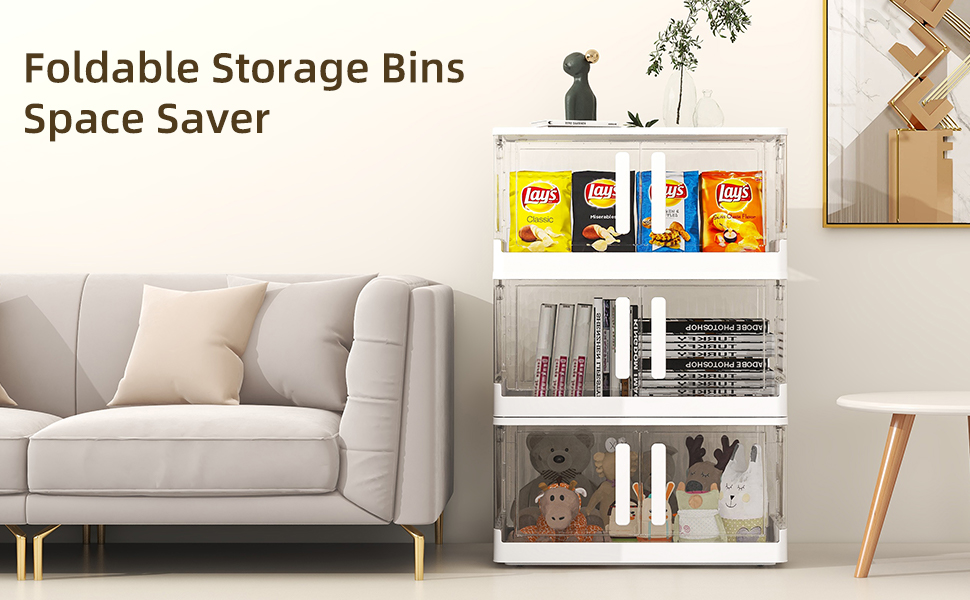As environmental concerns continue to grow, individuals and communities are seeking sustainable alternatives in various aspects of daily life, including waste management. The way we store our trash and recycling can significantly impact our ecological footprint. This article explores several eco-friendly storage solutions for trash and recycling bins, providing valuable insights to help you make informed choices that benefit both your home and the planet.
The Importance of Eco-Friendly Waste Management
Waste management is a critical issue in modern society. According to the Environmental Protection Agency (EPA), in 2018 alone, the United States generated about 292.4 million tons of trash. This staggering figure highlights the urgent need for effective waste management solutions. Eco-friendly storage solutions can help reduce the amount of waste that ends up in landfills and promote recycling efforts.
- Reducing Landfill Waste: Proper storage solutions can minimize the volume of waste sent to landfills, which provides a dual benefit of conserving resources and reducing greenhouse gas emissions.
- Encouraging Recycling: Effective recycling storage solutions can increase participation rates in recycling programs, leading to higher recovery rates of valuable materials.
- Improving Aesthetics: Eco-friendly storage options often come in attractive designs, enhancing the appearance of your outdoor and indoor spaces.
Types of Eco-Friendly Storage Solutions
When selecting storage solutions for your trash and recycling bins, consider the materials, design, and organization. Here are some eco-friendly options to consider:
1. Biodegradable Bins
Biodegradable bins are made from materials that break down naturally over time, reducing environmental impact. These bins are typically made from plant-based plastics or recycled materials.
- Plant-Based Plastics: These are derived from renewable resources, such as corn starch or sugarcane. They decompose more quickly than traditional plastics.
- Recycled Materials: Many biodegradable bins are made from post-consumer recycled content, further reducing the demand for new raw materials.
2. Composting Solutions
Composting is an excellent way to manage organic waste sustainably. Compost bins can be placed indoors or outdoors, making it easy to recycle kitchen scraps and yard waste.
- Indoor Compost Bins: Small, odorless containers designed for kitchen use can make composting convenient.
- Outdoor Compost Bins: Larger compost bins or tumblers can handle more substantial amounts of organic waste and speed up the decomposition process.
3. Stackable Storage Systems

Stackable storage systems allow for efficient use of space while keeping trash and recycling organized. These systems typically consist of several bins that can be stacked vertically.
- Material Choices: Look for stackable systems made from recycled plastics or other sustainable materials.
- Design Efficiency: A well-designed stackable system maximizes space and is easy to access, encouraging proper waste separation.
4. Upcycled Storage Solutions
Upcycling involves repurposing old materials to create functional and stylish storage solutions. This could include turning wooden pallets into recycling stations or using old barrels as trash bins.
- Creativity in Upcycling: Upcycled bins can be customized to fit your aesthetic preferences while serving a practical purpose.
- Community Involvement: Local workshops often offer classes on how to upcycle materials, promoting community engagement.
Case Studies and Examples

To illustrate the effectiveness of eco-friendly storage solutions, let’s look at a few case studies and examples from around the world:
Case Study 1: San Francisco’s Zero Waste Initiative

San Francisco has implemented a comprehensive zero-waste initiative that includes eco-friendly storage solutions for trash and recycling. The city provides three separate bins for waste: compost, recycling, and landfill. This system has resulted in a diversion rate of over 80%, with the goal of reaching zero waste by 2030.
Case Study 2: The Green Bin Program in Toronto

Toronto’s Green Bin Program allows residents to compost organic waste easily. The program provides residential compost bins made from recycled materials and has significantly increased the amount of organic waste diverted from landfills.
Case Study 3: Upcycling Initiatives in Local Communities

Various communities have started upcycling initiatives, encouraging residents to repurpose materials into storage solutions for trash and recycling. For example, a community workshop in Portland, Oregon, teaches participants how to create compost bins from old wooden pallets, fostering a culture of sustainability.
Choosing the Right Eco-Friendly Storage Solution

When selecting an eco-friendly storage solution for your trash and recycling bins, consider the following factors:
- Space Availability: Assess the space you have available for storage. Choose solutions that fit comfortably and are easily accessible.
- Local Regulations: Check local waste management guidelines to ensure compliance with recycling and composting rules.
- Material Durability: Opt for durable materials that can withstand varying weather conditions, especially for outdoor storage solutions.
- Ease of Use: Select designs that make it easy to separate and dispose of waste correctly, encouraging consistent use.
Choosing eco-friendly storage solutions for trash and recycling bins is a vital step in promoting sustainable waste management practices. By opting for biodegradable bins, composting solutions, stackable storage systems, and upcycled materials, individuals can significantly reduce their environmental impact. Successful case studies from cities like San Francisco and Toronto further underscore the effectiveness of these strategies.
As we continue to grapple with the challenges of waste management, the choices we make in our homes can contribute to a more sustainable future. Embracing eco-friendly storage solutions not only helps the environment but also inspires others to take action in their communities. By making informed decisions and promoting waste reduction, we can collectively work toward a cleaner, greener planet.